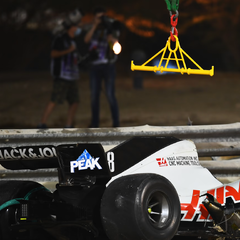Should I expect Maxwell (980 Ti specifically) to be neglected like nuts like Kepler, Femi, Tesla, and so on?

By
WangKe
in Graphics Cards
in Graphics Cards
-
Topics
-
pjstar35 ·
Posted in Storage Devices0 -
ariaselm ·
Posted in Troubleshooting2 -
0
-
0
-
ariaselm ·
Posted in CPUs, Motherboards, and Memory1 -
5
-
StafVanderbruggen ·
Posted in PC Gaming2 -
Edward78 ·
Posted in Peripherals0 -
2
-
call me al ·
Posted in Windows2
-















Create an account or sign in to comment
You need to be a member in order to leave a comment
Create an account
Sign up for a new account in our community. It's easy!
Register a new accountSign in
Already have an account? Sign in here.
Sign In Now